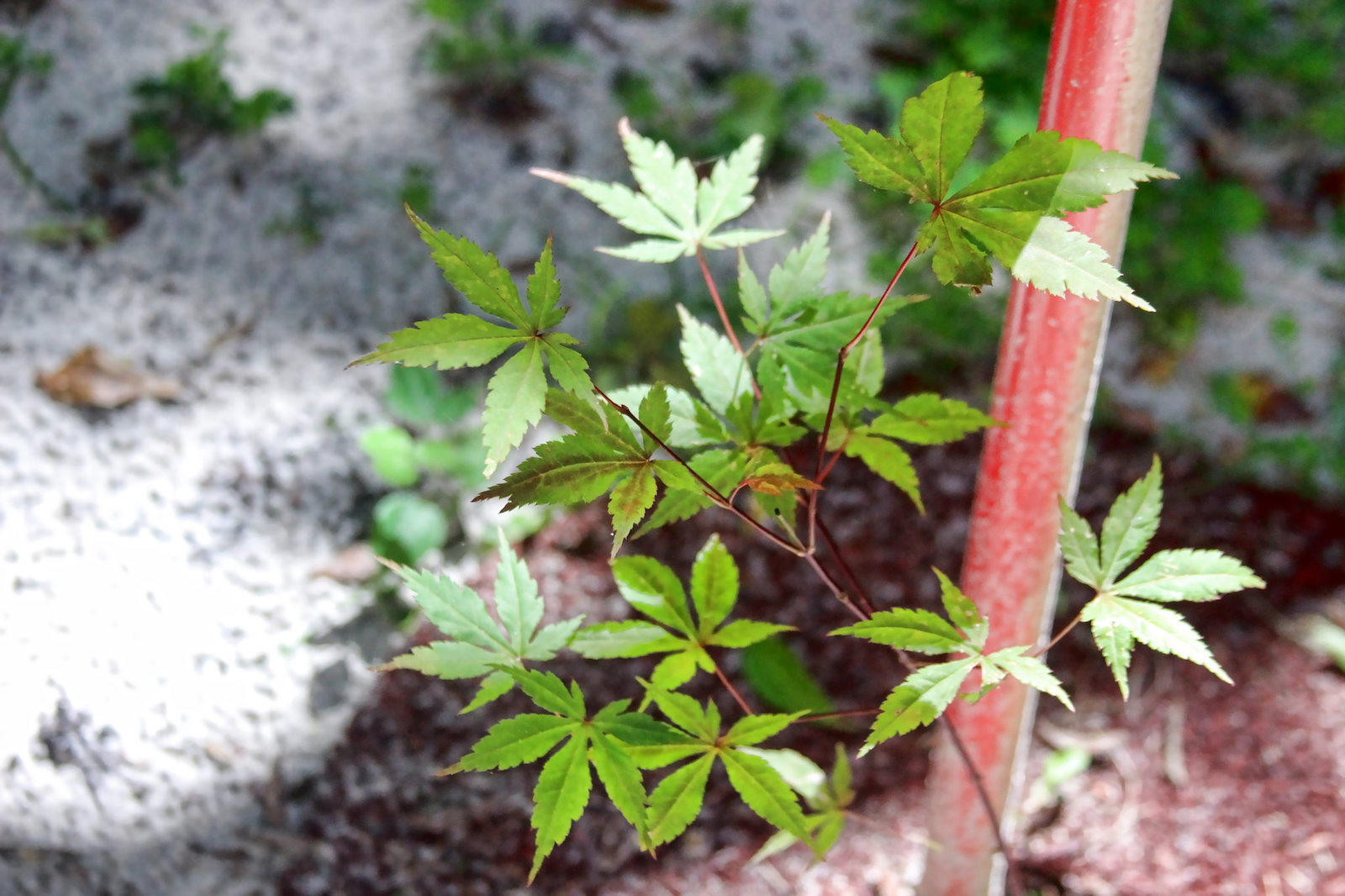The Local newsletter is your free, daily guide to life in Colorado. For locals, by locals.
The Colorado Senate voted unanimously Wednesday to approve legislation that would limit the number of medical marijuana plants that can be grown at a single residential property to 12 plants, with six or fewer being mature. State law previously allowed up to 99 plants to be grown by a single medical marijuana patient with a qualifying medical condition, or by a registered patient caregiver. Amendment 64 permits Coloradans to cultivate a maximum of six marijuana plants for recreational purposes.
Legislators backing the bill say Colorado’s permissive home-grow laws have enabled criminal enterprises to set up shop in residential areas under the auspices of the state’s medical marijuana program, an issue 60 Minutes reported on in October 2016. The new law, HB17-1220, is intended to redress the issue of black market diversion of marijuana in Colorado by substantially curbing the number of legal, large home grows. It is accompanied by sister legislation, HB17-1221, that, if passed, would increase state funding for local law enforcement to police the new plant limit. HB17-1221 passed the House 54–9 in March and has not yet been scheduled for a Senate vote.

The Office of the Governor reported over the summer that two illicit grow operations, each including more than 1,000 plants and 100 pounds of harvested marijuana, were uncovered by local, state, and federal law enforcement in 2015. Another three large, illict grow operations were discovered in 2016, the office reported. Most of the marijuana discovered in these busts was found alongside large amounts of firearms and was destined for illicit markets in other states, according the report. The governor’s office says “numerous other grey market cases” have been and continue to be reported in Colorado.
Legislators are worried Colorado could come to be known as a marijuana black market epicenter thanks to the state’s comparatively permissive home-grow laws. Outside of Colorado, no state allows more than 16 medical marijuana plants to be grown at home, the Cannabist reports.
“Colorado is an outlier by more than [six] times the amount of plants compared to any other state in the country. That outlier is exactly what’s inviting criminal enterprises to want to set up shop,” says Rep. Dan Pabon (D-4), who voted in favor of HB17-1220.
For some of the bill’s opponents, that’s not reason enough to change Colorado law. Rep. Jonathan Singer (D-11), who voted against the bill, says the new legislation is unnecessary, given a rule that primary caregivers growing 36 plants or more must be on a state registry that includes the location of their grows and the patients for whom they grow and transport marijuana. Plus, all medical patients are placed on a confidential registry when they apply for their medical marijuana card. Singer says he’s concerend for individuals who legitimately need large amounts of medical marijuana and have moved to Colorado for the home-grow laws. He says he believes that some of those patients (or their families) won’t be able to afford purchasing the marijuana they need from dispensaries, now that they can’t grow it at home. “[The bill] is a solution in search of a problem … No one has approached me with any facts that point to medical marijuana patients contributing to the black market and contributing to cartel activity,” Singer says.
Governor Hickenlooper’s office originally presented the idea to cap the number of marijuana plants that can be grown at a residential property to the state legislature’s Interim Study Committee on Cost-benefit Analysis of Legalized Marijuana in Colorado in summer 2016. Led by former Colorado State Director of Marijuana Coordination, Andrew Freedman, Hickenlooper’s office recommended legislation be introduced to rein in Colorado’s permitted home grows to more closely align with those of other states.
Under the new law, medical patients must comply with city, county, or city and county laws pertaining to home grows. City or county law could limit the number of plants to fewer than 12, or it could permit greater than a dozen plants. If no local law dictates the number of plants legally allowed to be grown in a residential property, HB17-1220 establishes the default limit of 12 plants, six or fewer being mature.








